Mercy Health Case Study - Arjo MOVE® Program
Arjo MOVE helped Mercy Health save over $2 million1 in the first year.
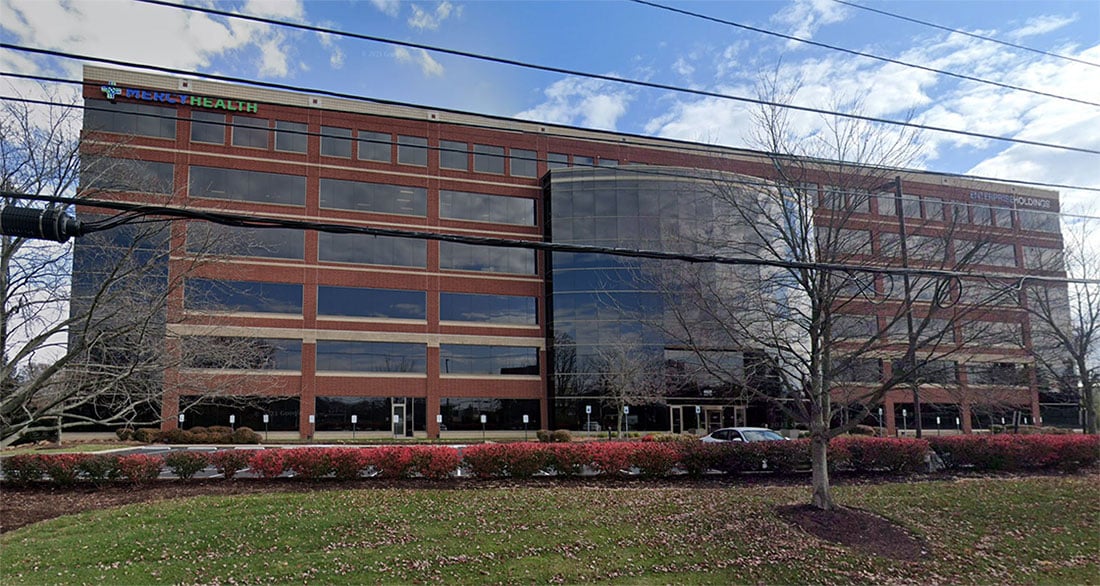
Historically, manual lifting was the standard method for moving patients at Mercy Health. In one year, associates at the southwestern Ohio facility lifted a combined 88 million pounds of weight in the process of transferring patients. The consequences of such significant manual mobilization included high employee injury rates and workers’ compensation costs. Though Mercy Health was concerned by the numbers, their main concern was ensuring the safety of their patients and staff. Working with Arjo MOVE, the organization implemented safe patient handling programs into its Acute Care and Senior Health and Housing operations. The result: safer patients, safer staff, and significant contributions to first year savings totaling $2,174,182.
“It’s not about the equipment. It is about changing one of the basic fundamentals in healthcare… how we move our patients. It’s about safety for our patients and our staff. We must ensure that we provide support and tools for our caregivers so they can remain at the bedside. Doing what they do best, providing exceptional care to our patients and creating great outcomes. Getting hurt at work should not be part of the job. We should not accept that.”
Kelley Crandell, M.Ed., CDMS, CHSP
System Director of Employee Health, Safety and Absence Services
Care bio
Having served the greater Cincinnati metropolitan area for nearly two centuries, Mercy Health is a premier healthcare provider with more than 80 network locations throughout southwestern Ohio. In addition to staffing approximately 9,000 employees and physicians, Mercy Health has affiliate relationships with more than 2,000 additional physicians representing a vast spectrum of medical and surgical specialties.
With $5.4 billion in assets, Catholic Health Partners (CHP) is one of the largest health systems in the United States and the largest system of its kind in Ohio. As the fourth-largest employer in the state, CHP employs more than 32,000 associates across more than 100 locations to meet the healthcare needs of people in Ohio, Kentucky, and their contiguous states.
The challenge
Mercy Health understood the financial and operational impact of work-related injuries. However, the organization also understood that creating an environment that was safe for its patients and staff was even more impactful. A recent survey has shown that 56% of nurses say they have experienced musculoskeletal pain that was made worse by their job.2
The solution
Mercy Health chose Arjo MOVE to help implement a program that would focus on safe patient handling. After conducting a comprehensive analysis of the organization, Arjo’s MOVE Clinical Consultants uncovered the following financial data points:
- $444,895 in workers’ compensation costs
- $341,633 in restricted duty costs (on average, 3,771 restricted days per year)
- $14,000,000 in turnover costs
Understanding the challenges and needs of the organization, Arjo MOVE implemented a solutions program that delivered specific plans, equipment, and training that focused on safe patient handling practices for Mercy Health patients and associates, including:
- Comprehensive ergonomic assessments and financial justification data
- Risk-reducing engineering controls and tools
- Patient-handling systems
- Administrative monitoring controls
- Training and processes development
- Three years of clinical support
The outcome
Injuries
Injuries decreased by a three-year average of 97% in acute care and 91% in long-term care after implementing Arjo MOVE programs.
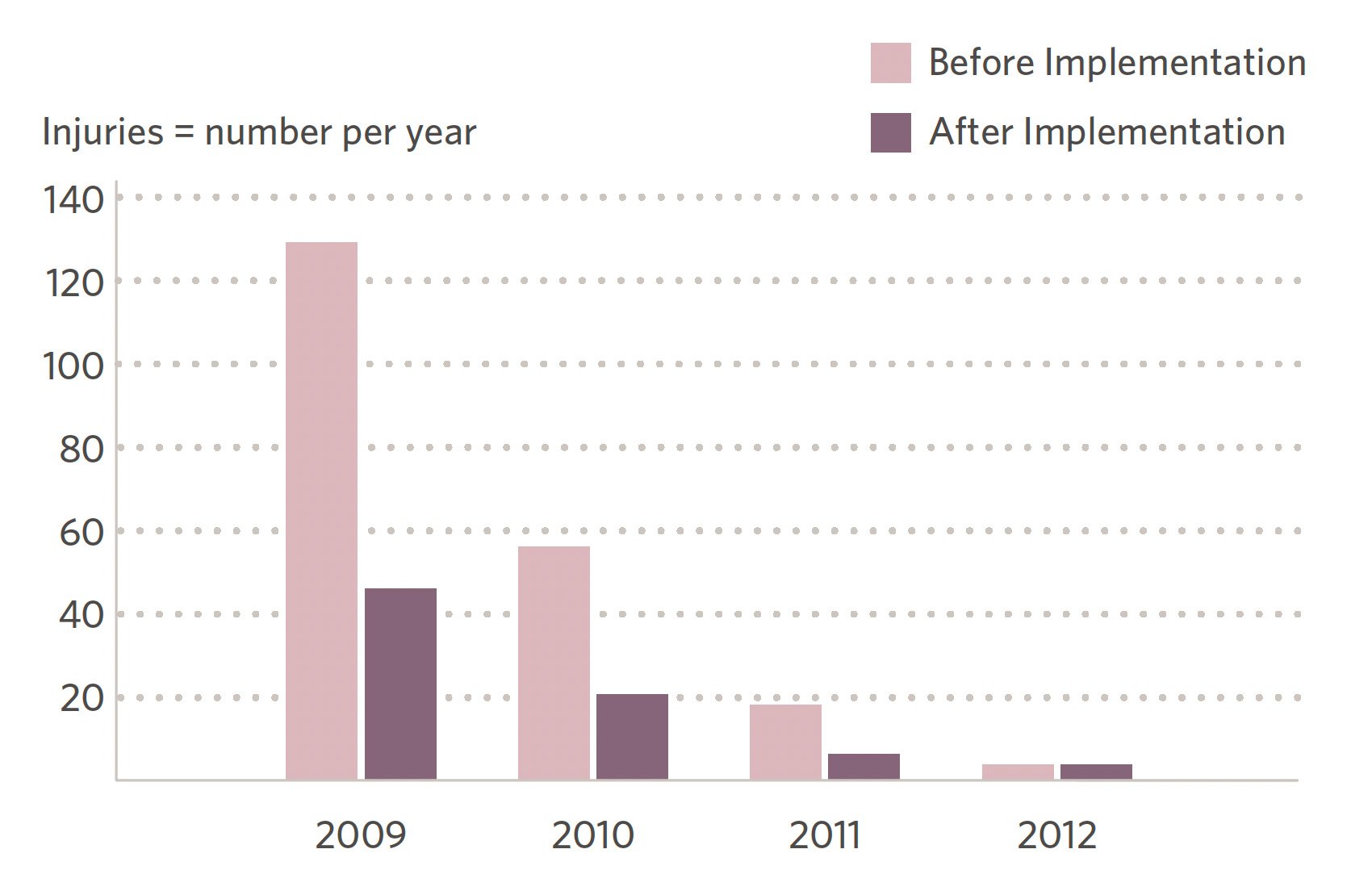
Costs
By reducing employee-restricted days, workers’ compensation costs, and employee turnover, Mercy Health experienced a 99% reduction in overall costs.
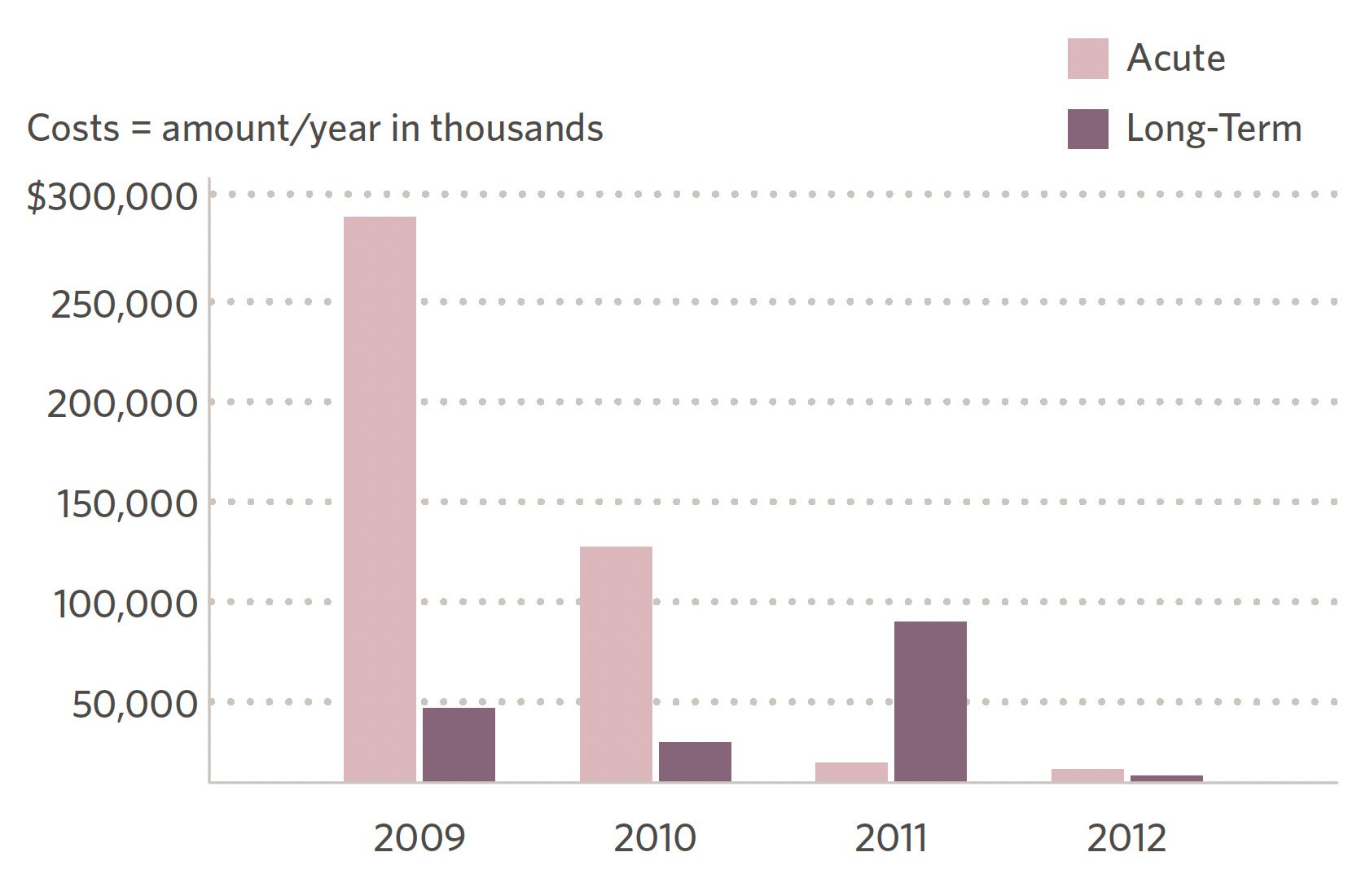
With a total first-year savings of $2,174,1821, Mercy Health’s new approach and implementation of Arjo MOVE not only made an immediate impact within the organization, but also caught the attention of Mercy Health’s parent company, Catholic Health Partners. Upon seeing the results, CHP used Mercy Health’s Arjo MOVE success to build a best-practices initiative entitled LIFT (Living Injury Free Together). To date, LIFT has been launched in more than 20 hospitals.
Download case studies
Rooted in clinical evidence and driven by your facility data, Arjo MOVE supports you to deliver high quality care that facilitates patient and resident mobility, resulting in improvements in clinical outcomes, staff well-being, operational efficiency, and financial optimization.
Arjo MOVE - Guaranteed Outcomes Program
If you're interested in learning more about our Caregiver Injury Reduction, Pressure injury Prevention and/or our Falls Programs, we would be happy to support you with guaranteed results.
References:
- Arjo data on file.
- American Nurses Association, 2011. Health and Safety Survey.
Related blogs

Baptist Memorial Health Care - Arjo MOVE® Program
Arjo MOVE helped Baptist Memorial reduce staff injuries by 80 percent on average across their large system of hospitals.
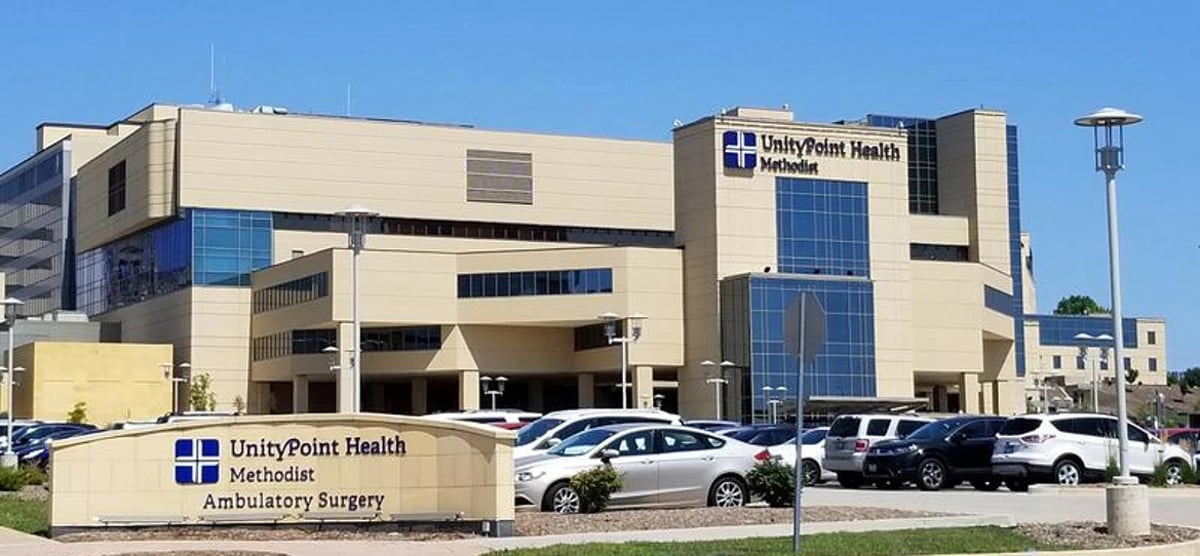
UnityPoint Health Methodist - Arjo MOVE® Program
UnityPoint Health Methodist (UPHM) has always striven to deliver for its patients and staff and sought to do so efficiently, advancing its quality of care in concert with reducing staff injuries and cost.
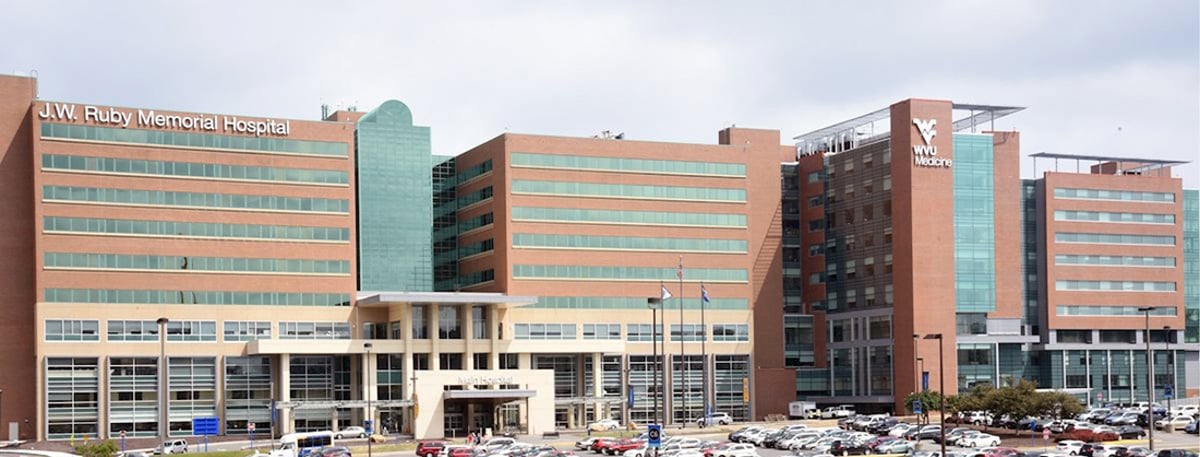
West Virginia University Hospitals, Inc. - Arjo MOVE® Program
West Virginia University Hospitals, Inc., (Ruby Memorial Hospital), is located in Morgantown, West Virginia & currently has 754 beds with an average of 7,289 employees. We are a level one trauma center and belong to the largest health system in West Virginia.